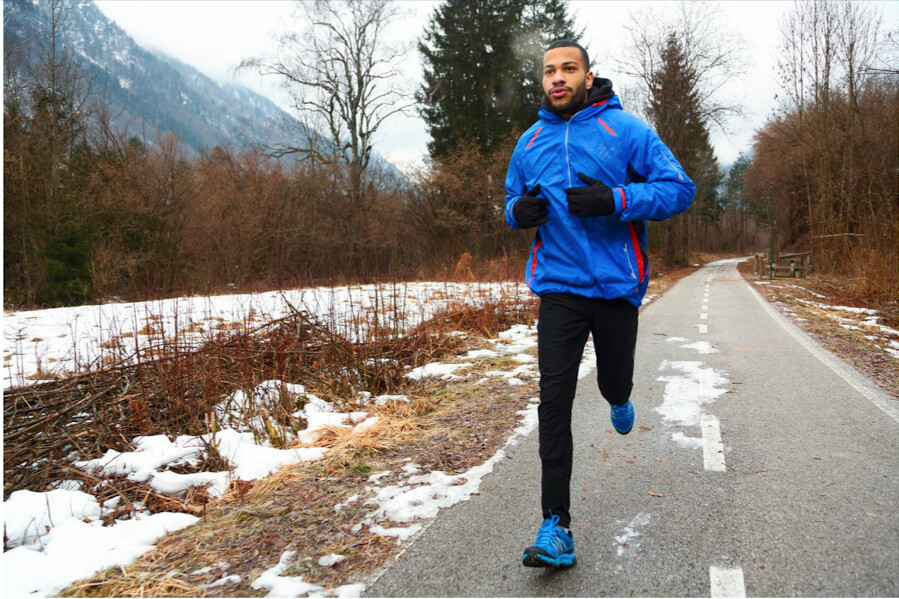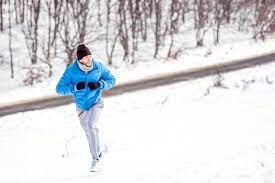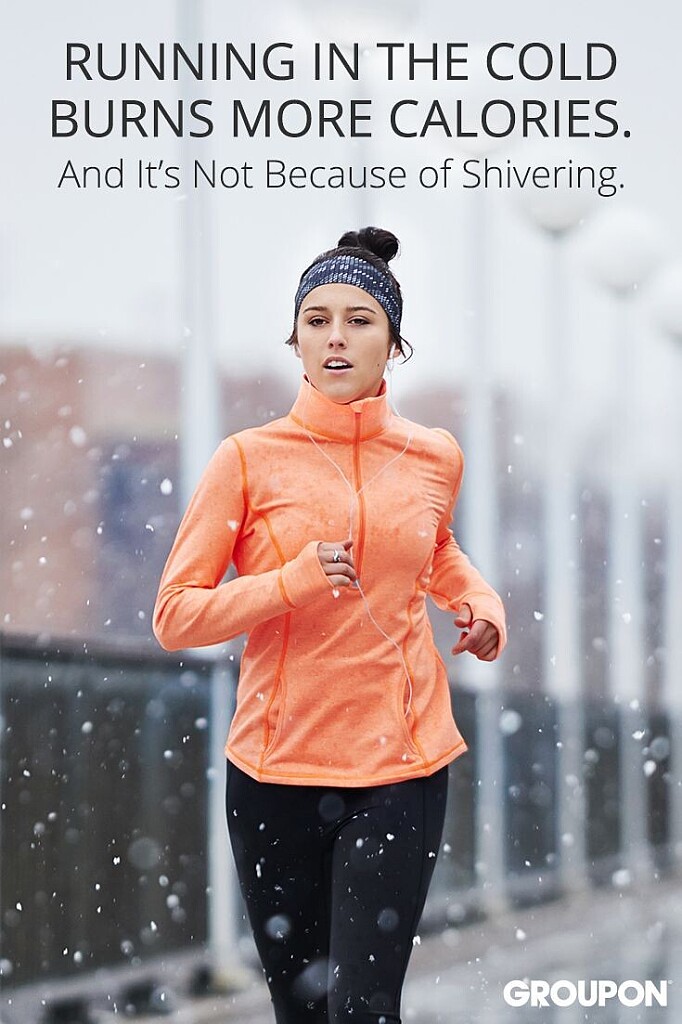Running News Daily
Running News Daily is edited by Bob Anderson. Send your news items to bob@mybestruns.com Advertising opportunities available. Train the Kenyan Way at KATA Kenya and Portugal owned and operated by Bob Anderson. Be sure to catch our movie A Long Run the movie KATA Running Camps and KATA Potato Farms - 31 now open in Kenya! https://kata.ke/
Index to Daily Posts · Sign Up For Updates · Run The World Feed
Do You Burn More Calories In the Cold?
Do we burn more or less energy running in the cold versus running in the heat, and should there be any relative change to our calorie intake?
If your body temperature drops during a run, you burn more calories as your body works to stay warm. However, after you warm up, you probably aren't burning any more calories than usual. Your energy needs don't change substantially unless you're extra-cold, which likely means you have underdressed.


A 1991 article from the journal Sports Medicine titled "The Physiology of Exercising in the Cold" indicates that if you don't dress warmly enough you'll burn more carbohydrates relative to fat to stay warm.
All things being equal, you will likely burn a few more calories in cold weather. However, mid-run energy needs don't change appreciably. Think about a hypothetical runner doing a long run at aerobic threshold (where fat and carbohydrate use is around even); the runner starts with 1,000 calories of stored carbohydrates and burns 400 calories of carbohydrates per hour (along with a similar amount of fat). Even if they now burn 500 calories of carbohydrates in winter, they still have a couple hours of stored energy. Plus, most people can only absorb 200 to 400 calories per hour during activity, so taking in more won't make a huge difference.
As always, the golden rules of nutrition apply: find what works for your body, let hunger be your guide and maintain a general understanding of what is healthy for you based on your goals. Perhaps most importantly, remember that you still sweat in cold weather, especially if you dress well. Just as in hot temperatures, hydration is usually more important than fuel intake. Add some sports drink to the mix, and you'll probably be made in the shade (or in the cold).
by Trail Runner Magazine
Login to leave a comment




